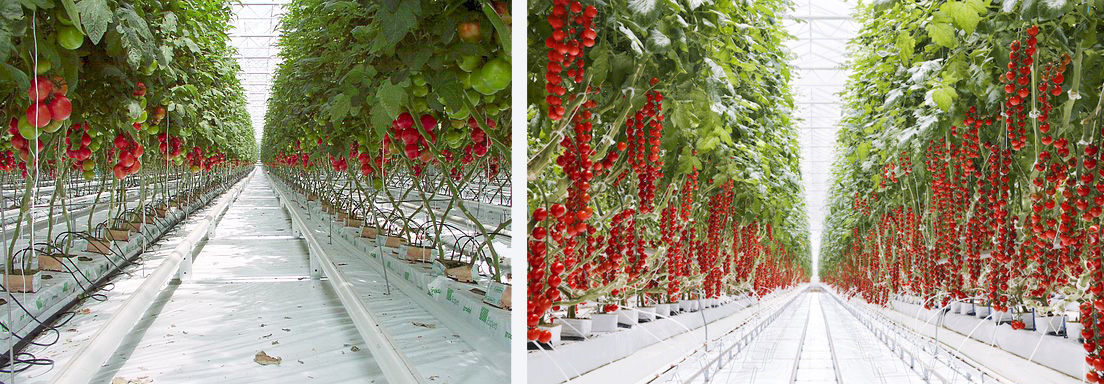Keep your Plant & Irrigation Water Supply Lines Flowing
ApHinity offers a comprehensive suite of irrigation water treatment technologies with the primary purpose of being able to implement the right technology for any given application. This includes chlorine dioxide, mixed oxidants, hypochlorite generators, specialty dispersants, and specialty cleaning technologies uniquely implemented to keep plants and irrigation water supply lines flowing and in control of microbial contamination and mineral deposits.
To prevent the spread of food borne illness, the United States government implemented the Food Safety Modernization Act known as FSMA. Due to the emergence of the Food Safety Modernization Act, there has been an exponential increase in water treatment applications where irrigation water requires proper disinfection prior to application within crops. Applications can be in hydroponic greenhouses, indoor warehouse growing applications, and outdoor field applications where water touches food. For indoor applications such as hydroponic greenhouses and indoor growing warehouses, ApHinity also has expertise in the application of gas phase chlorine dioxide to prevent the air borne spread of microbiological contamination such as powdery mildew, Aspergillus, Fungus, mold, and spores on plants. Typical irrigation water can be prone to becoming contaminated with various potential bacteria such as E Coli, Salmonella, Listeria Monocytogenes, and Giardia as a few examples. The primary mechanism to help prevent these microorganisms from contaminating agricultural food supply, is to apply the use of disinfectants into the irrigation water (into the air for indoor growing environments). Common treatment chemistries are chlorine dioxide, chlorine, mixed oxidants, and peroxyacetic acid.

The solution isn’t as simple as dumping bleach into a ditch or reservoir. Too little disinfectant can lead to poor microbial control and essentially serve no purpose. Too high of disinfectant levels can lead to localized piping corrosion as well as plant phytotoxicity problems thus permanently damaging the crop. Application expertise and experience is paramount to a successful program. ApHinity takes a systematic program approach utilizing HACCP protocols to work with grower food safety specialists to implement hazard analysis and hazard control programs to prevent the spread of water and air borne pathogens from contaminating the food supply. The combination of the program management, on site field expertise, and in-depth chemistry knowledge is the key to a successful program.
There are many uses for disinfectant and dispersant technologies in the agriculture industry and having a comprehensive suite of technologies to solve any challenge is our goal at ApHinity. If you have an interest in any of the mentioned technologies, please feel free to contact us for an in-person consultation to see how ApHinity can partner to solve your challenge.
Let’s work together...
At ApHinity®, we believe Managing Water is a People Business.

